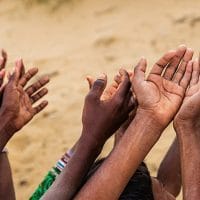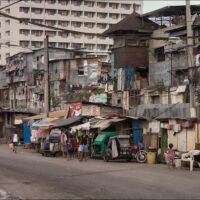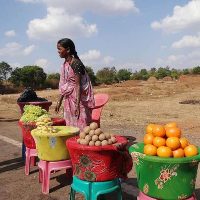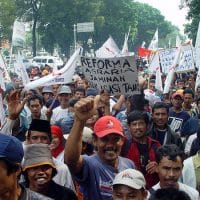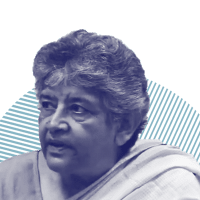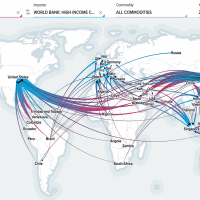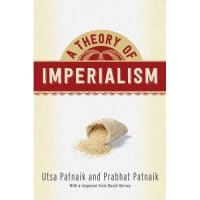-
Using false statistics to claim ‘zero poverty’ helps nobody
The information on increase in hunger is far more direct and based on readily verifiable statistics, than are the official calculations of poverty.
-
Neo-liberalism has increased mass poverty
It is not a difficult proposition to substantially reduce poverty through redistributive measures. About one tenth of India’s GDP would need to be devoted to providing adequate food for the population, basic and comprehensive healthcare, compulsory free education, employment guarantee and old age pension; for which additional taxation of 7 per cent of GDP that the rich and super-rich can easily bear, would be needed. Combined with vigorous implementation of the existing National Food Security Act 2013 and the MG National Rural Employment Guarantee Act, genuine large-scale reduction of poverty would result
-
Shooting the messenger: Adverse health trends revealed in the NFHS (5) 2019-2021
Economists have put forward all kinds of fallacious arguments to justify the prolonged fall in per capita food spending, and hence in nutritional intake, in India, such as mechanisation leading to lower energy needs, change in the age structure of the population, change in tastes and so on.
-
The Global angle to the Farmer protests
The farmers’ movement for the repeal of the three farm laws which affect them closely but have been rammed through without consulting them, has now entered its second month.
-
Utsa Patnaik on agrarian history and imperialism
Humanity does not end where Europe ends, or America ends. Lenin’s contribution as well as Rosa Luxembourg’s work are both of inestimable value because they applied the Marxist method to areas that Marx himself had not touched.
-
Imperialism still alive and kicking
With the reassertion of the dominance of finance, in the guise now of an international finance capital, the third world States have withdrawn from supporting petty producers, a process of income deflation is in full swing, and the imperialist arrangement is back in place, because of which we can see once more a tendency towards a secular decline in per capita food-grain availability in the third world as in the colonial period.
-
New Perception of Imperialism
If accumulating wealth is the basic objective of capitalism, organising production using wage labour is only one of the ways it can be achieved. What finance does is to open an alternative route to reach the same objective, that is via transaction.
-
Two Decades of Neo-Liberal Reforms in India: The Worsening Employment Situation
Two decades after neo-liberal economic reforms started in India as part of the agenda of imperialist globalisation, the condition of the masses of the labouring poor is worse in every part of the country except where some positive intervention has taken place to stabilise livelihoods. The richest minority at the top of the income pyramid […]
-
Revisiting Alleged 30 Million Famine Deaths during China’s Great Leap
Thirty years ago, a highly successful vilification campaign was launched against Mao Zedong, saying that a massive famine in which 27 to 30 million people died in China took place during the Great Leap period, 1958 to 1961, which marked the formation of the people’s communes under his leadership. The main basis of this assertion […]
-
Agrarian Distress and Land Acquisition
The recent agitation by farmers in Uttar Pradesh against cropland acquisition for non-agricultural purposes is only the latest in a long series of protests by farmers and rural communities, which started a decade ago in different parts of the country and which gathered momentum over the past five years and coalesced in some areas into […]
-
Alice Thorner (1918–2005)
Alice Thorner’s life was lived in three continents, and her interests lay in studying processes of change in India’s colonial economy and the experience of planned development following decolonisation. She interacted for over six decades with academics and academic-bureaucrats, who were not inconsequential actors in what Gunnar Myrdal had termed the ‘Asian Drama’, and she too played a part in that unfolding drama. It was while visiting England on the eve of the WW11 in 1939 with husband Daniel who was researching his thesis at the India Office library in London, that she first met the group of enthusiastic Indian nationalists which included V. K. Krishna Menon, P.N. Haksar, K.T.Chandy and Feroze Gandhi. Many were to become lifelong friends

